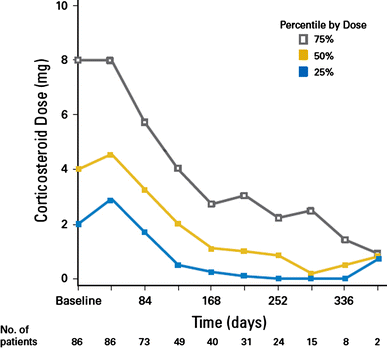Impact of therapy on quality of life, neurocognitive function and their correlates in glioblastoma multiforme: a review
- PMID: 21468776
- PMCID: PMC3170120
- DOI: 10.1007/s11060-011-0565-x
Impact of therapy on quality of life, neurocognitive function and their correlates in glioblastoma multiforme: a review
Abstract
The maintenance of quality of life (QoL) in patients with high-grade glioma is an important endpoint during treatment, particularly in those with glioblastoma multiforme (GBM) given its dismal prognosis despite limited advances in standard therapy. It has proven difficult to identify new therapies that extend survival in patients with recurrent GBM, so one of the primary aims of new therapies is to reduce morbidity, restore or preserve neurologic functions, and the capacity to perform daily activities. Apart from temozolomide, cytotoxic chemotherapeutic agents do not appear to significantly impact response or survival, but produce toxicity that is likely to negatively impact QoL. New biological agents, such as bevacizumab, can induce a clinically meaningful proportion of durable responses among patients with recurrent GBM with an acceptable safety profile. Emerging evidence suggests that bevacizumab produces an improvement or preservation of neurocognitive function in GBM patients, suggestive of QoL improvement, in most poor-prognosis patients who would otherwise be expected to show a sudden and rapid deterioration in QoL.
Figures
References
-
- Garside R, Pitt M, Anderson R et al (2007) The effectiveness and cost-effectiveness of carmustine implants and temozolomide for the treatment of newly diagnosed high-grade glioma: a systematic review and economic evaluation. Health Technol Assess 11:iii–iv, ix–221 - PubMed
Publication types
MeSH terms
LinkOut - more resources
Full Text Sources
Other Literature Sources
Medical


